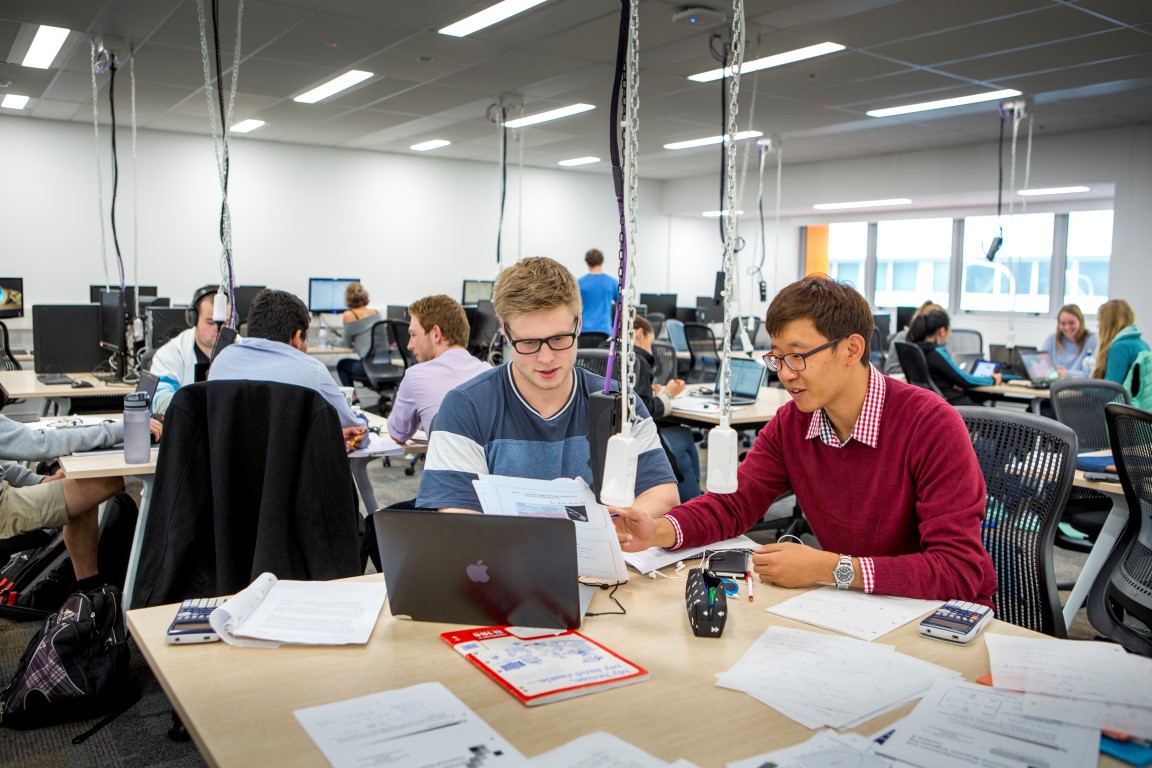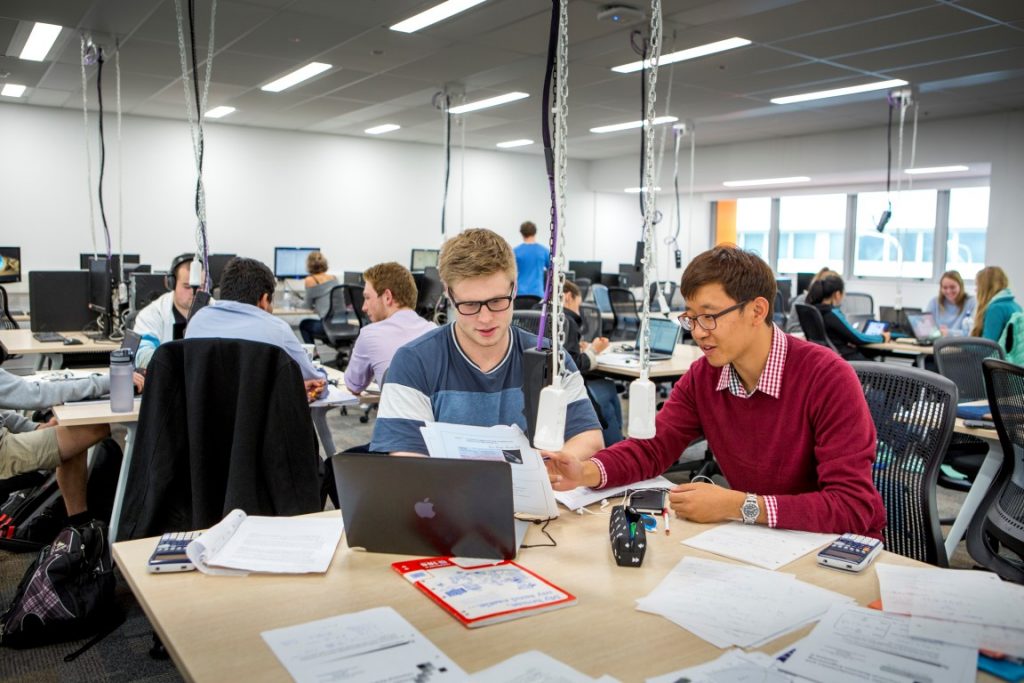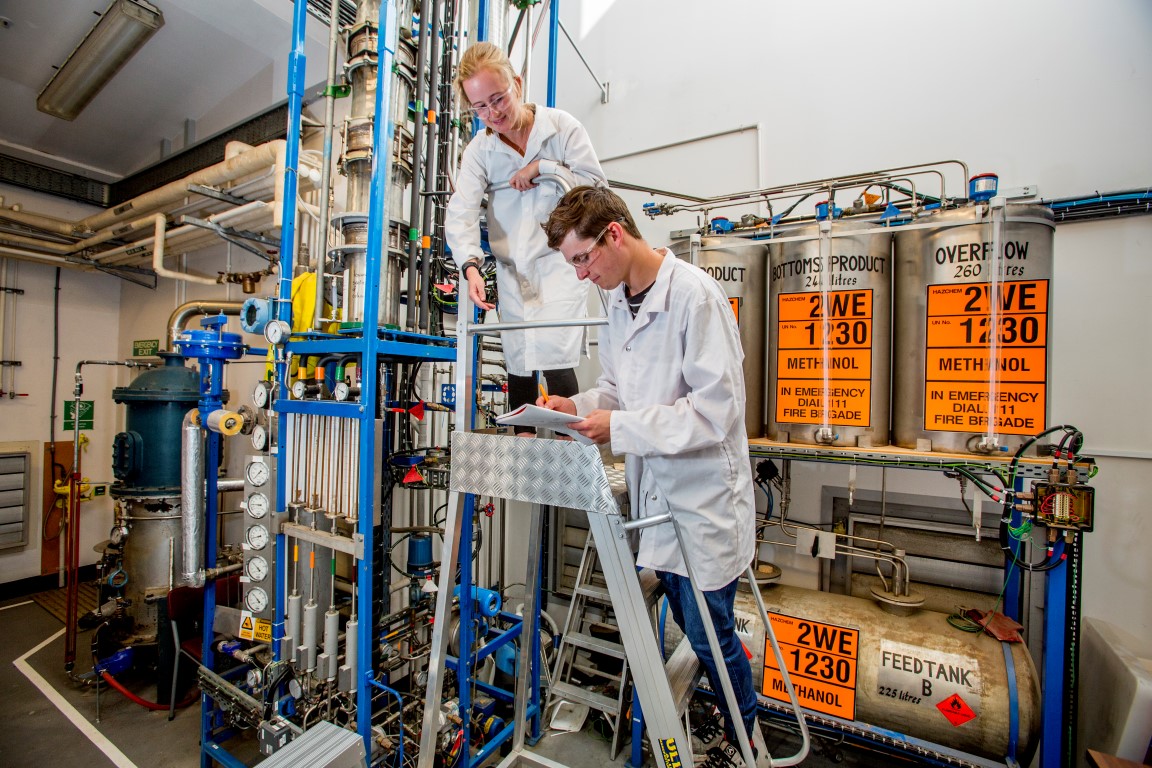

It’s far from a clean slate, but a major natural disaster can be a motivator for change on a scale that is rarely seen in universities.
For us, the change was not entirely driven from within. As it became clear to Central Government that the University needed support to bounce back, they sent us an equally clear message that this could not be an unquestioned return to what we had been before the quakes. They required us to go back to basics to consider our core academic purpose and whether this was still the best model to assure continued relevance and stability in today’s tertiary environment.
The process concluded that remaining a comprehensive university created greater certainty of maintaining our market share than choosing a specific disciplinary specialisation. However, we also agreed that it was necessary to articulate UC’s unique point of difference, and to use the opportunity to reposition our organisational culture alongside our built environment. The initiatives we settled on were called ‘Transformations’ and were grouped into three areas:
- Graduate Attributes
We established a set of benchmarks and programmes which would feed into every degree to ensure that all UC graduates are:
- Biculturally competent
- Engaged with their community
- Employment ready
- Globally aware.
In addition to their specific academic skills, employers can be assured that a UC graduate is competent in all these areas.
- Student First
We wanted to become more student centric and easier to deal with. Specific projects included a major review of our student management system, and improvements to make online enrolment simpler, faster and more student driven.

- Organisational culture
We looked at ways to improve how we work together, pushing back against the atomistic tendency of traditional academic environments. Our building projects contributed to this Transformation by including a deliberate emphasis on shared work and socialising spaces for staff and for students, and the feedback so far is that this has been largely successful.
As the intensity of the recovery phase settles, we are now taking the time to step back and consider our next priorities for continued organisational development in a reinvigorated operating environment.